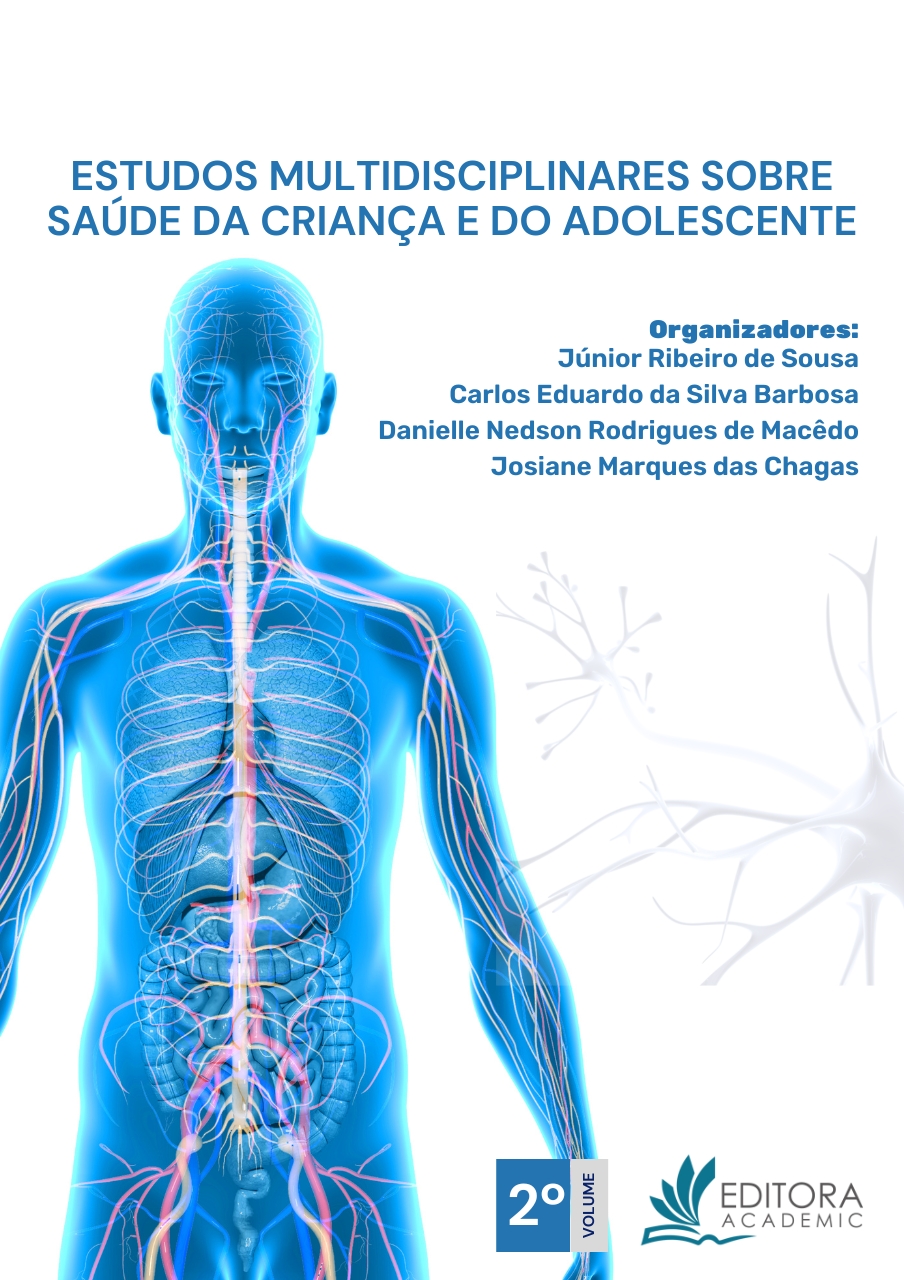
Objetivo: O estudo tem como finalidade analisar a importância de atividades lúdicas realizadas na pediatria oncológica; suas contribuições para o tratamento e desenvolvimento infantil. Metodologia: Refere-se a uma revisão bibliográfica da literatura. A pesquisa foi realizada nos meses de outubro e novembro de 2022, foram utilizadas as bases de dados LILACS, MEDLINE, BDENF, utilizando os descritores oncologia AND pediatria AND ludoterapia. Na pesquisa optou-se pelos critérios de inclusão: os artigos disponíveis em idioma português e inglês, e através dos resumos que tiveram maior interação com os objetivos, publicados nos últimos dez anos (2012-2022). Critérios de exclusão: artigos duplicados e que não apresentaram relação com a temática norteadora. Resultados e Discussão: Além disso, a ludoterapia permite uma junção de experiências passadas com as atuais e planos futuros; devido ao desenvolvimento e relações entre as crianças, essas compartilham as ideias independente da idade; sendo assim o ato de brincar fluir uma imaginação gigante e demonstram seus sentimentos que de alguma forma específica diminui as tristezas e possíveis sequelas, traumas futuros. Na oncologia infantil, os cuidados são diferenciados pelos profissionais, visto que lidar com crianças deve-se ter cautela e delicadeza com cada procedimento realizado. Também, o público infantil é vulnerável pela patologia enfrentada e as transformações advindas da nova fase. Considerações finais: Por conseguinte, a importância de atividades lúdicas no tratamento oncológico infantil, acrescenta de forma significativa o estímulo intelectual da criança, contribui para o desenvolvimento físico e emocional. Dessa forma, a hipótese que a atividade lúdica melhora a qualidade do tratamento oncológico infantil e diminui as sequelas emocionais do desenvolvimento foi confirmada, observado que apenas o tratamento como único fator não transmite à criança progressão no seu desenvolvimento e adaptação à rotina.